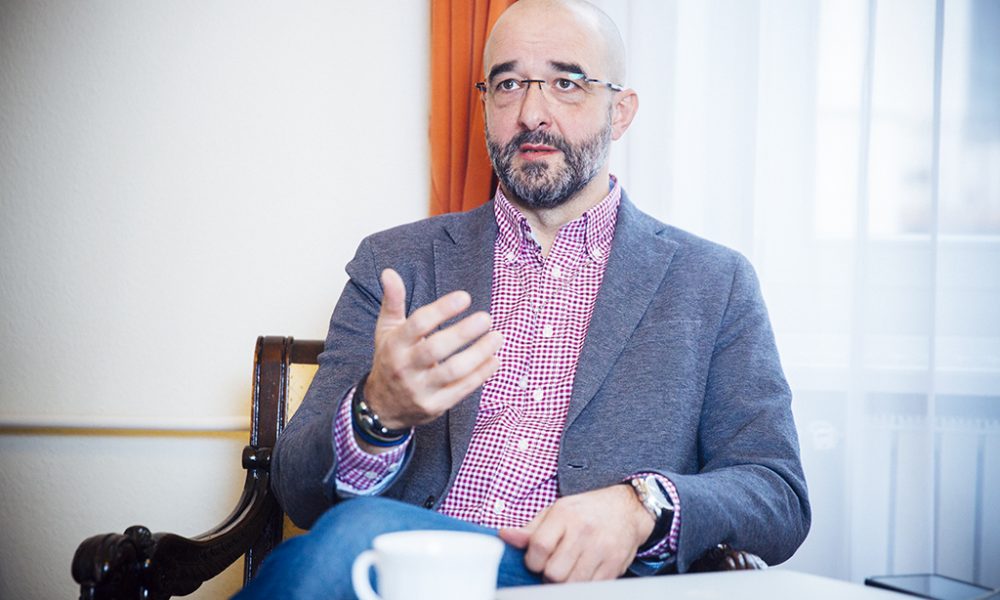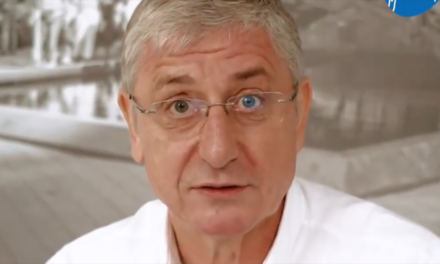But it also became obvious that the EU's seven-year budget has been called into question in two years, and the question arises whether the community is headed for bankruptcy, said Zoltán Kovács in Kossuth radio's Sunday Newspaper program.
When the European Commission's plan for the creation of migrant ghettos, large migration centers, is raised, it is not only opposed by the Hungarian government with extremely strong political will for eight years, but a national consultation, referendum and constitutional amendment made it completely clear that it is against the will of the Hungarian people and fundamentally contradicts the to the Hungarian constitutional system - stated the Secretary of State responsible for international communication of the Prime Minister's Cabinet Office.
Zoltán Kovács was asked about the fact that the European Commission does not want to stop migration, but to manage it, and a new term appeared, the migrant ghetto: there would be camps the size of cities somewhere on the southern border, and according to the Union's proposal, Hungary should take care of migrants in these camps until the their asylum application is not assessed, and if the assessment is not completed within 12 weeks, those staying there should be allowed to continue.
Regarding the plan for the management of migration, the state secretary said that proposals that had already come up once in Brussels during the peak of migration in 2015 were taken up again.
At that time, he recalled, they wanted to create entry points, so-called hotspots, in external countries, but the plan was abandoned due to outrage.
He stated: The Hungarian government continues to firmly stand by its previous position, opposing the distribution of migrants; the national consultation, the referendum and the constitution also provided or provide accordingly.
When asked whether Hungary and Poland could prevent the implementation of the plans, Zoltán Kovács said: only a unified decision can be made regarding migration, a unanimous decision, a consensus is needed on the part of the heads of state and government representing the countries, otherwise the individual states its citizens might rightly feel that decisions are being forced upon them and their wills are being circumvented.
Regarding the fact that the European Commission would expect additional contributions from the member states, the state secretary said:
it became clear that the EU's seven-year budget has been called into question in two years, and the question is raised whether the community is headed for bankruptcy.
He stated: the member states do not know where the paid money went, there are no itemized accounts, and it is impossible to know exactly what the 70 billion euros that the Union paid to Ukraine in various forms over the past year and a half was used for.
He pointed out that while the EU expects its member states to pay extra money, it has not paid the subsidies that have been due for years to several countries, such as Hungary and Poland.
Zoltán Kovács said that although "no one explained where the money disappeared" from the union, they indicated what else was needed: Ukraine would be given a HUF 50 billion rescue package, another billions were needed to manage, organize and help migration, and - according to him, in a way that upsets people - the EU also wants to raise the salaries of its own bureaucracy.
He stated: it is expected that the heads of state and government will decide on the proposals at the EU summit in October, and these will require a unanimous vote. Until then, there are still months and unasked questions - he said, pointing out that the Hungarian Prime Minister has already made it clear that the initiative is unacceptable for Hungary.
MTI
Featured image: Gyula Péter Horváth/PestiSrácok












